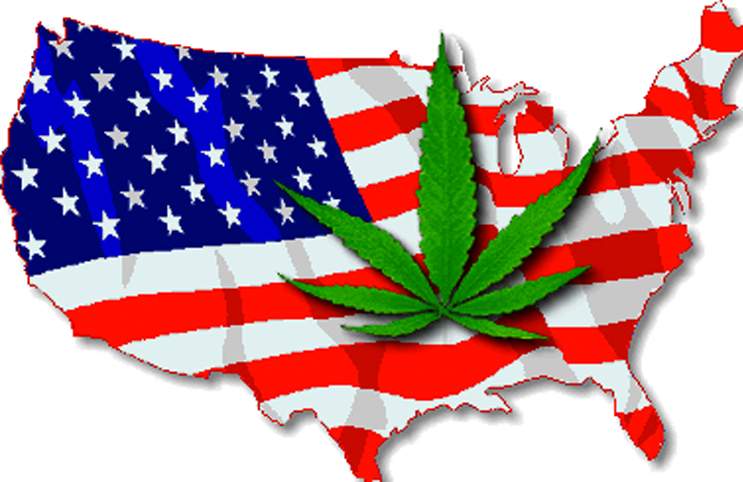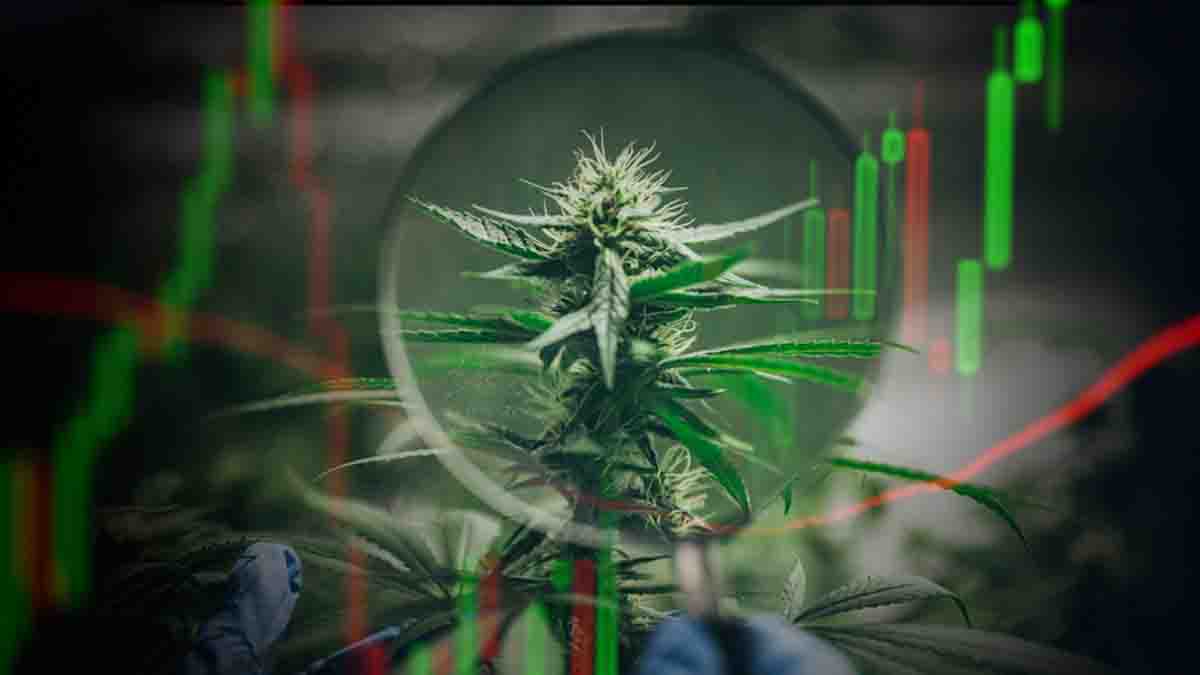The man who once had the power to begin a federal reclassification of cannabis now says he stands behind it.
“You know, we treat marijuana in the same way that we treat heroin now, and that clearly is not appropriate.” Marijuana is currently classified under Schedule I of the Controlled Substances Act, the most restrictive class, which is supposed to be reserved for drugs with no medicinal value and a high percentage of abuse.
His successor, Loretta Lynch, has stated she personally is not in favor legalizing marijuana however she has called the Obama administration’s approach to generally letting states enact their own laws without interference “Effective.” She has not clearly reflected on the question of rescheduling.
While still heading up the Justice Department, in September 2014, Holder called rescheduling “Something that I think we need to ask ourselves and use science as the basis for making that determination.” Holder’s new comments on the issue came as part of a PBS Frontline special on heroin that debuted on Tuesday.
In the interview, which was conducted last September but kept under wraps until now, Holder also says it’s time for the U.S. to consider decriminalizing marijuana.
“You know, where do we want to be as a nation? Now, they’re specific drugs I just can’t see. It’s hard for me to imagine ever decriminalizing crack cocaine, drugs like that. But the whole question of should marijuana be decriminalized, I mean, that’s a conversation I think that we should engage in.” While only Congress can amend or remove criminal penalties on marijuana, under the Controlled Substances Act the attorney general can unilaterally begin the process that could lead to the drug’s rescheduling by directing the secretary of Health and Human Services to review scientific information on its effects and risks.
Last February, for example, he said reclassification “Is something that would be well informed by having Congressional hearings and Congressional action informed by a policy determination that I think the administration would ultimately be glad to share.” In November 2014, he said, “I think the question of how these drugs get scheduled and how they are ultimately treated is something for Congress to work on.” President Obama himself seems to share that reluctance to take administrative action on the issue.
In an interview with CNN in January 2014, he called rescheduling “a job for Congress.” When interviewer Jake Tapper pointed out that federal agencies have the power to reclassify drugs, the president refused to believe it.
Moving marijuana out of Schedule I – the most restrictive class – to Schedule III or lower would have a number of impacts. For example, would protect federal employees who use pot from a Reagan-era executive order that puts them at risk of losing their jobs. Only drugs under Schedules I and II are affected by the tax provision that prevents state-legal businesses from deducting normal operational expenses from their federal taxes.
Rescheduling would also expand opportunities for scientific research into marijuana’s medical benefits. Douglas Throckmorton, deputy director of the Food and Drug Administration’s Center for Drug Evaluation and Research, testified before the Senate last June that marijuana’s Schedule I status means there are “Additional steps” that scientists wishing to study it must take.
Even moving cannabis down to just Schedule II would solve issues the U.S. Postal Service is causing for some newspapers that attempt to mail publications containing cannabis advertisement. More broadly, some supporters say that rescheduling move by the Obama administration would send a strong message to state lawmakers and international leaders that the federal government is finally beginning to address decades of mistakes on marijuana policy, which could spur further reforms.
MAPH Enterprises, LLC | (305) 414-0128 | 1501 Venera Ave, Coral Gables, FL 33146 | new@marijuanastocks.com










